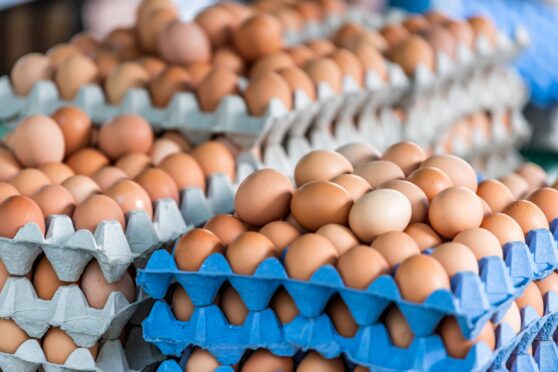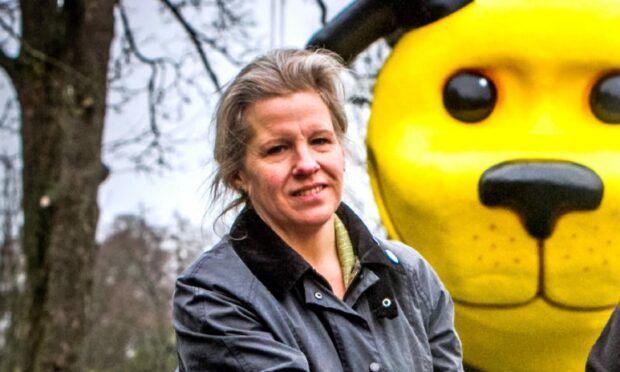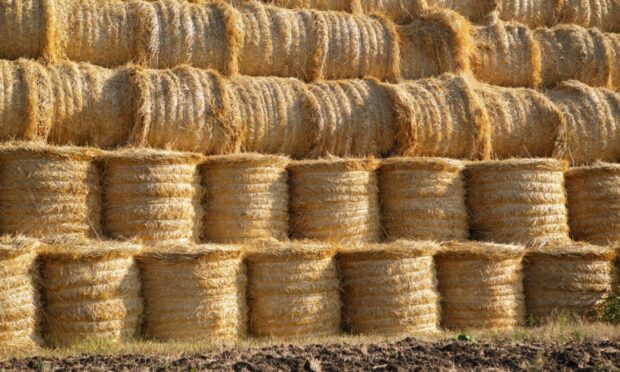The current avian influenza housing order could last beyond 16 weeks if the disease risk doesn’t reduce, warns Scotland’s chief vet.
Sheila Voas said the order, which requires all poultry farmers and keepers to keep their birds indoors to prevent the spread of the disease, could last beyond 16 weeks putting the free-range status of many poultry products at risk.
Regulations prevent free-range produce being marketed as free-range if birds are kept indoors for longer than 16 weeks.
Ms Voas also confirmed the UK is experiencing the “worst year ever” for avian influenza with more than 2.5 million birds culled due to the virus.
She made the comments during a virtual meeting of the North East Scotland Advisory Group (NESAAG), which includes representatives from industry and Aberdeenshire, Angus and Moray Councils.
“This is the worst year we have ever had for numbers of avian influenza cases in the UK,” Ms Voas told the meeting.
“Avian flu is a disease of the winter. This year has been particularly bad for reasons we don’t fully understand.”
She said there have been more than 80 cases of the H5N1 strain of the virus in the UK since October, resulting in the cull of upwards of 2.5 million birds.
This includes six cases in Scotland – one in Angus, four in Dumfries and Galloway, and one at the weekend in Aberdeenshire – with all cases, bar one, being in non-commercial, or “backyard” flocks.
The commercial case in Dumfries and Galloway resulted in 22,000 birds being culled.
Ms Voas said the main concern was outbreaks among commercial flocks, because cases in backyard flocks tended to remain isolated to that single flock.
“Avian influenza is not bad for spreading laterally,” said Ms Voas.
“It tends not to be a disease that creeps out from one premises to another; it’s usually movements that spread it.”
She said taking steps to strengthen biosecurity measures was the one single thing any poultry farmer or keeper could to do protect their birds.
And because the disease spreads to captive birds from wild birds, mainly through their faeces, Ms Voas recommended wrapping bales of straw or covering bale stacks with tarpaulin to prevent wild bird faeces getting on straw before it is brought into hen houses.
Ms Voas said the current housing order may need to be extended beyond 16 weeks, if disease risk is still deemed high, meaning free-range poultry producers would lose their free-range status while birds remained indoors.
“The difficulty that we are facing this year is that we required them to be kept in earlier than ever before,” added Ms Voas.
British Free Range Egg Producers Association (BFREPA) chief executive, Robert Gooch, said the organisation was working with Government and industry bodies to find a labelling solution which will ensure free-range egg producers are not negatively impacted if the housing order lasts beyond 16 weeks.
He said: “No decisions have been made yet, but solutions have been proposed which are now being discussed with a view to reaching a decision well before the end of the housing order, ensuring egg producers and the supply chain have time to adjust before being implemented.”


